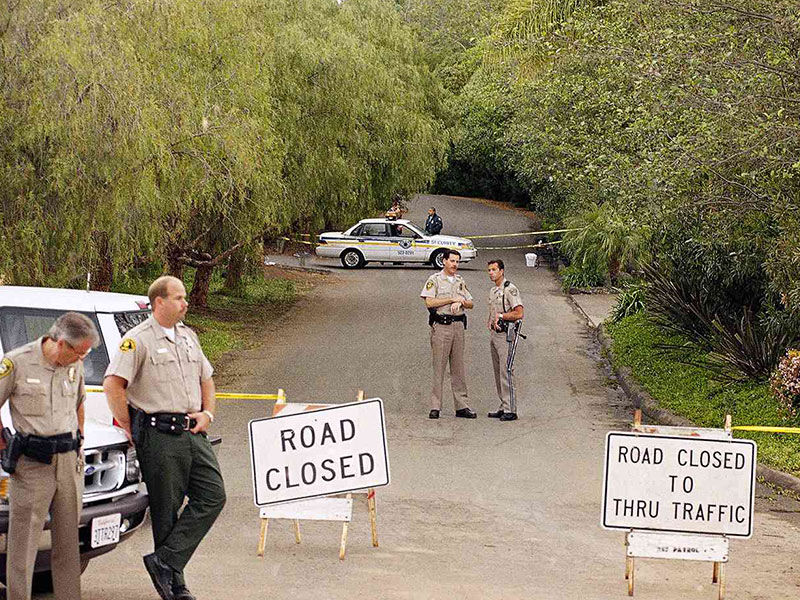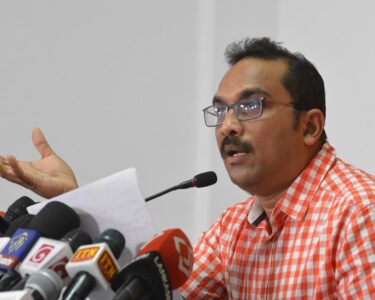The spate of Suicides that is spreading in Sri Lanka reminds me of a number of cult suicides.
Followers of Ruwan Gunarathna have been preaching rhetoric that motivates suicide in many parts of Sri Lanka for some time, and the police say that they have no time to lose in making contact with his followers.
Jonestown Massacre
At the forefront of this grim exploration is the notorious Jonestown Massacre of 1978, where Jim Jones, the charismatic leader of the Peoples Temple, orchestrated a mass suicide in Guyana that claimed over 900 lives. Fueled by paranoia, apocalyptic prophecies, and Jones’ absolute control, the community descended into fear and obedience, culminating in a horrifying act of collective self-annihilation.
The Order of the Solar Temple, led by Joseph Di Mambro and Luc Jouret, cast a shadow of terror in the 1990s. Their peculiar belief in suicide as a means to ascend to higher planes led to ritualistic murders and coordinated mass suicides in Switzerland, France, and Canada, enveloping the group in an aura of macabre theatricality.
Movement for the Restoration of the Ten Commandments:
In Uganda, the Movement for the Restoration of the Ten Commandments of God, led by Credonia Mwerinde and Joseph Kibweteere, distorted biblical teachings to justify violence. In 2000, over 778 believers perished in horrific acts, including the immolation of hundreds trapped inside a church.
The narrative takes a chilling turn with the Japanese cult of Aum Shinrikyo, led by Shoko Asahara. Combining esoteric Buddhist teachings with scientific aspirations, the group unleashed sarin gas on the Tokyo subway in 1995, resulting in 13 deaths and thousands of injuries.
Examining these tragedies reveals a recurring pattern of isolation, charismatic leadership, and the exploitation of existing anxieties. Cults manipulate the human need for belonging, distorting spiritual yearning into a warped sense of community that prioritizes obedience over individual autonomy. Apocalyptic prophecies amplify fear and dependency, creating fertile ground for heinous acts in the name of some imagined higher purpose.
It is imperative to recognize that these cases, while seemingly extraordinary, are not isolated incidents. They serve as stark reminders of the dark potential within any ideology, religious or otherwise, when wielded by those whose thirst for power transcends human empathy. Vigilance against the manipulation of faith and control within closed communities is essential. Fostering critical thinking, open dialogue, and healthy skepticism toward charismatic leaders are vital tools in preventing future tragedies.
The shadows cast by Heaven’s Gate and similar incidents serve as a potent warning: where faith becomes a tool of coercion and devotion turns into blind obedience, even the noblest aspirations can spiral into unimaginable horrors. Understanding the factors that fuel extremism and promoting open discourse around these sensitive topics are crucial steps toward ensuring that the tragic chapters of cultist violence remain firmly confined to the annals of history.







